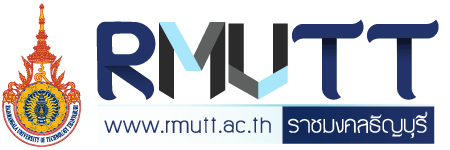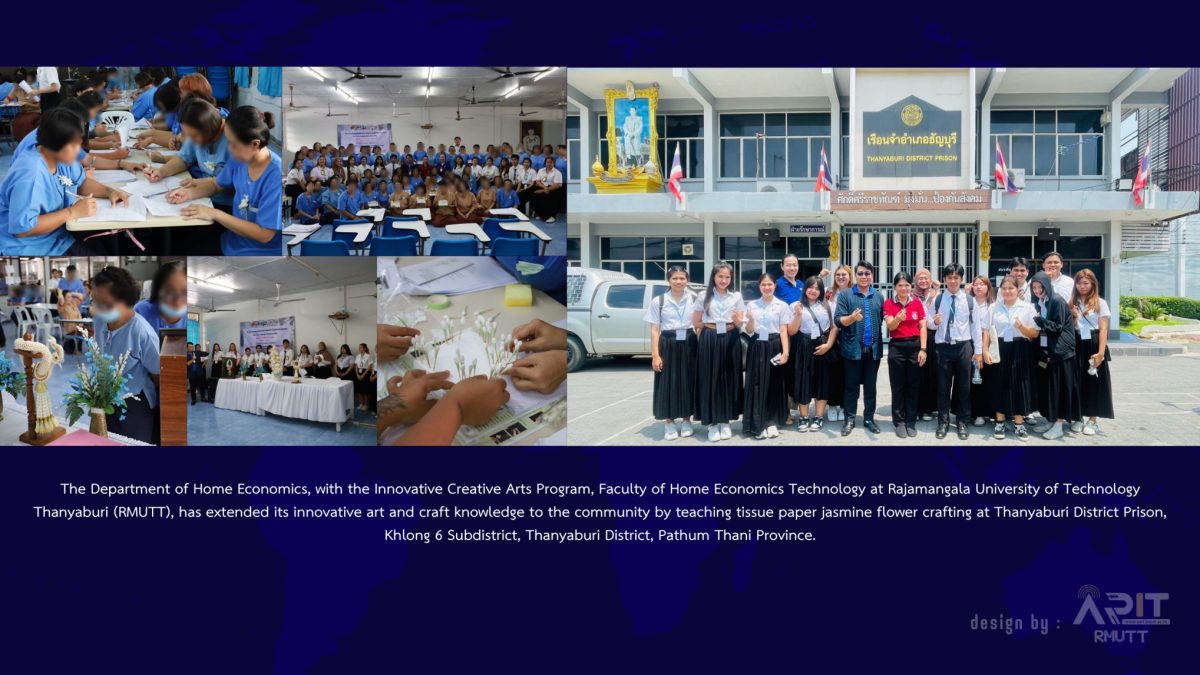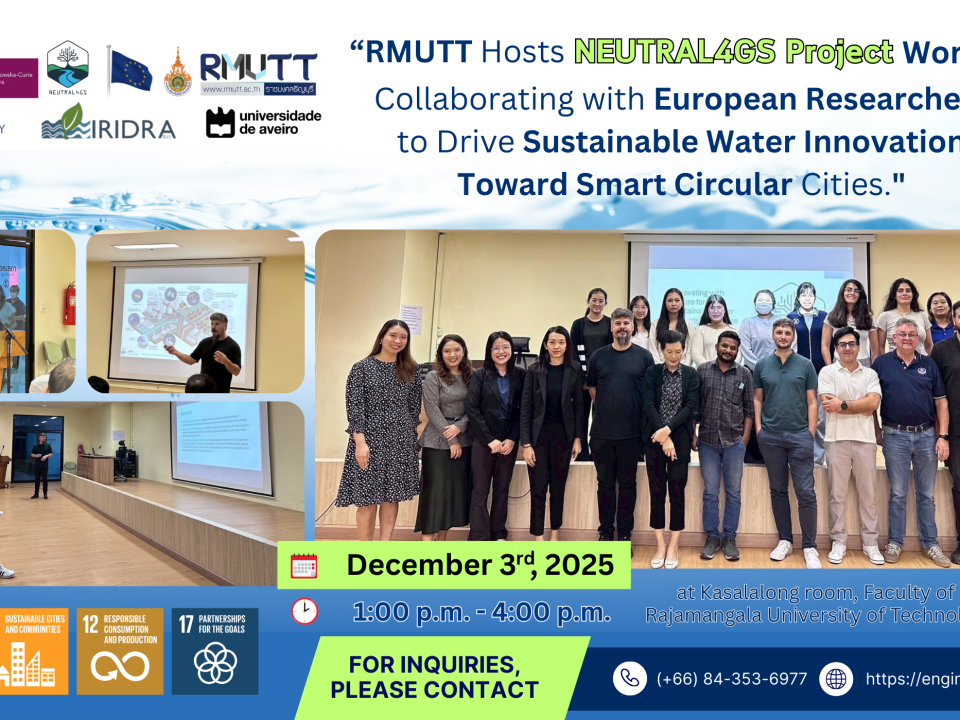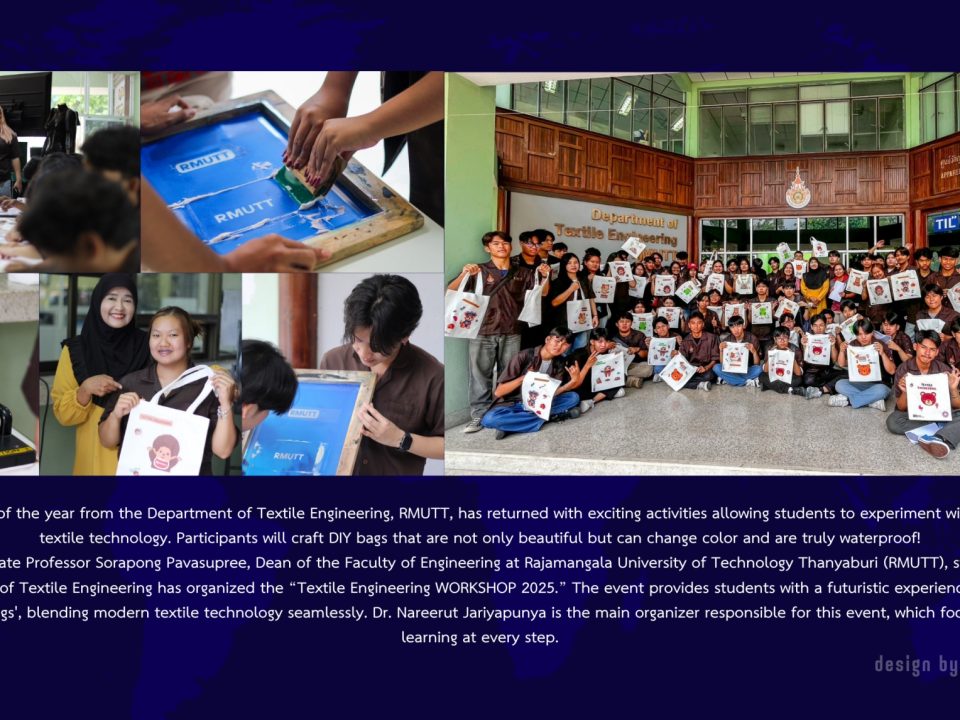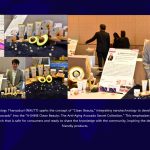
Rajamangala University of Technology Thanyaburi (RMUTT): “Clean Beauty” Innovation to Slow Aging from Leftover Avocados
11/04/2025
RMUTT students innovate to extend the shelf life of fruits and vegetables, reducing spoilage and increasing value.
18/04/2025The Department of Home Economics, with the Innovative Creative Arts Program, Faculty of Home Economics Technology at Rajamangala University of Technology Thanyaburi (RMUTT), has extended its innovative art and craft knowledge to the community by teaching tissue paper jasmine flower crafting at Thanyaburi District Prison, Khlong 6 Subdistrict, Thanyaburi District, Pathum Thani Province.
Assistant Professor Vijit Sonhom, head of the Home Economics Co Department and advisor for the project, mentioned that the project aimed to disseminate art and craft innovation technology to the community. It is part of courses designed to develop community products for a sufficiency economy and community innovation products for a creative economy, integrating and spreading knowledge for educational outcomes beneficial to the community, society, and nation, maximizing educational benefits. The objective is to transfer craft technology to the community, allowing students to practice skills and processes in a project-based learning (PBL) format, integrating various knowledge areas of home economics for cultural and academic profession benefits to society. The project mainly involves students from the innovative arts and crafts program of second, third, and first-year (transfer program) in transferring craft knowledge in Thanyaburi District Prison.
Mr. Pitakpong Noipitak, commander of Thanyaburi District Prison, stated that it is a great opportunity for all inmates attending this training. The activity not only promotes and develops professional skills among prison members but also enables them to be self-reliant sustainably through learning and applying various skills to develop themselves, create skills, and generate income from crafting tissue paper jasmine flowers, an art form with beauty and cultural value. It also aligns with the sufficiency economy philosophy, focusing on using local resources and reducing external dependency, leading to sustainable strength and growth. Participants receive knowledge and apply it beneficially to themselves, their families, the community, and society.
Harun Tan kham, a first-year (transfer program) student, said that their group chose the prison as the location for knowledge transfer after a recommendation by faculty members. Initially hesitant, his perspective changed upon meeting over 80 eagerly awaiting inmates, keen to learn and craft tissue paper jasmine flowers. These products are in market demand, the crafting process is simple, using easily accessible materials with techniques that can be developed into a livelihood. A survey found that 1,000 flowers could sell for 400-600 baht, indicating this as a potential occupation for inmates post-release.
May, Yupaadi Yatisanthia, a second-year student, shared her excitement and preparation for teaching in prison as she would lead the session and engage with recreational activities to make learning fun. Each participant could craft more than 10 flowers, using readily available materials like toothpicks, tissue paper, green floral tape, thread, and a special adhesive formulated by faculty. This experience as an instructor was positively energizing and insightful, fostering self-awareness and appreciation of her own skills and the ability to create and share knowledge for future vocational opportunities.
Pang, Sugrit Puyprem, a first-year (transfer program) student, expressed happiness in sharing knowledge and a desire to continue teaching inmates. Beyond crafting jasmine flowers, there was also learning about extending the value of these crafts into other products like bouquets and garlands. This initiative plays a part in transforming past mistakes into learning opportunities for inmates, providing them with skills and readiness for life after serving their sentences, enabling them to support their families and contribute positively to society.
The crafting of tissue paper jasmine flowers offers an alternative livelihood, enabling someone who may have strayed in life to leave prison with the means to live happily within society.
